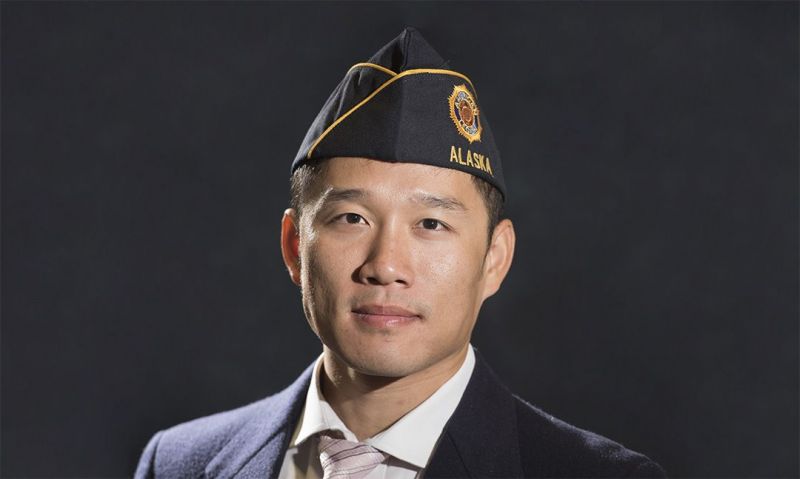
Legion's testimony focused on the expansion of eligibility for Small Business Administration programs which permit loan assistance to businesses when deployments are not part of a military conflict.
Davy Leghorn, assistant director of The American Legion's National Veterans Employment and Education Division, testified before the Small Business Committee on July 10. Leghorn’s testimony focused on the expansion of eligibility for Small Business Administration (SBA) programs which permit loan assistance to businesses when deployments are not part of a military conflict.
The proposed “National Guard Reserve Entrepreneurship Support Act” would expand SBA programs and allow loan recipient to defer repayment on disaster loans if the servicemember receives active duty orders for longer than 30 consecutive days.
The SBA disaster loan program currently provides direct loans to people and small businesses, including those that have suffered substantial economic injury because employees were ordered to active duty during a military conflict as part of National Guard or reservist duties.
“These programs are underutilized because their eligibility restrictions do not fully reflect current deployment practices,” testified Leghorn. “Both the Guard and reserve have transitioned from a strategic-reserve into an operational-force to meet the needs of an all-volunteer force, in an era of persistent conflict in which active duty and reserve-component alike are expected to deploy regularly.”
American Legion Resolution No. 117: Position on the Operational Reserve, urges Congress to reform the laws and policies governing the reserve components to provide them programmatic sustainability as an operational force.
Leghorn also testified on H.R. 1615, “Verification Alignment and Service-Disabled Business Adjustment Act,” or the VA-SBA Act. The VA-SBA Act aims to transfer the responsibility of verifying small business concerns owned and controlled by veterans or service-disabled veterans to the SBA.
“Last year, the federal government aligned the regulations governing service-disabled veteran-owned small business (SDVOSB) definitions,” Leghorn said. “However, even with the de-conflicted regulations, the maintenance of two federal certification programs for veteran small businesses still continues to be a source of confusion.
“Currently, VA requires businesses applying for SDVOSB status to address size, ownership and control issues prior to certification. In contrast, SBA allows businesses to self-certify that they meet the regulatory threshold. Self-certification permits businesses to qualify for all federal contract awards, with the exception of the Veterans First Contracting Program at VA.”
Having two SDVOSB identification processes creates confusion for contracting officers and for veterans seeking certification. Additionally, many state and federal agencies inquire whether a veteran business is VA certified. This results in many veteran firms acquiring VA certification when it isn’t necessary.
“The American Legion believes we should finish the work that began when we moved toward a single set of SDVOSB definitions,” Leghorn added.
“Moving the verification program is not a punitive measure,” he concluded. “The Vets-First program under VA stewardship has successfully demonstrated SDVOSBs as a credible workforce. VA can be proud of the work they did in overcoming many programmatic hurdles. Their efforts and investments proved to state and federal agencies the value of veteran businesses as a preferred contracting group.”
- Careers

